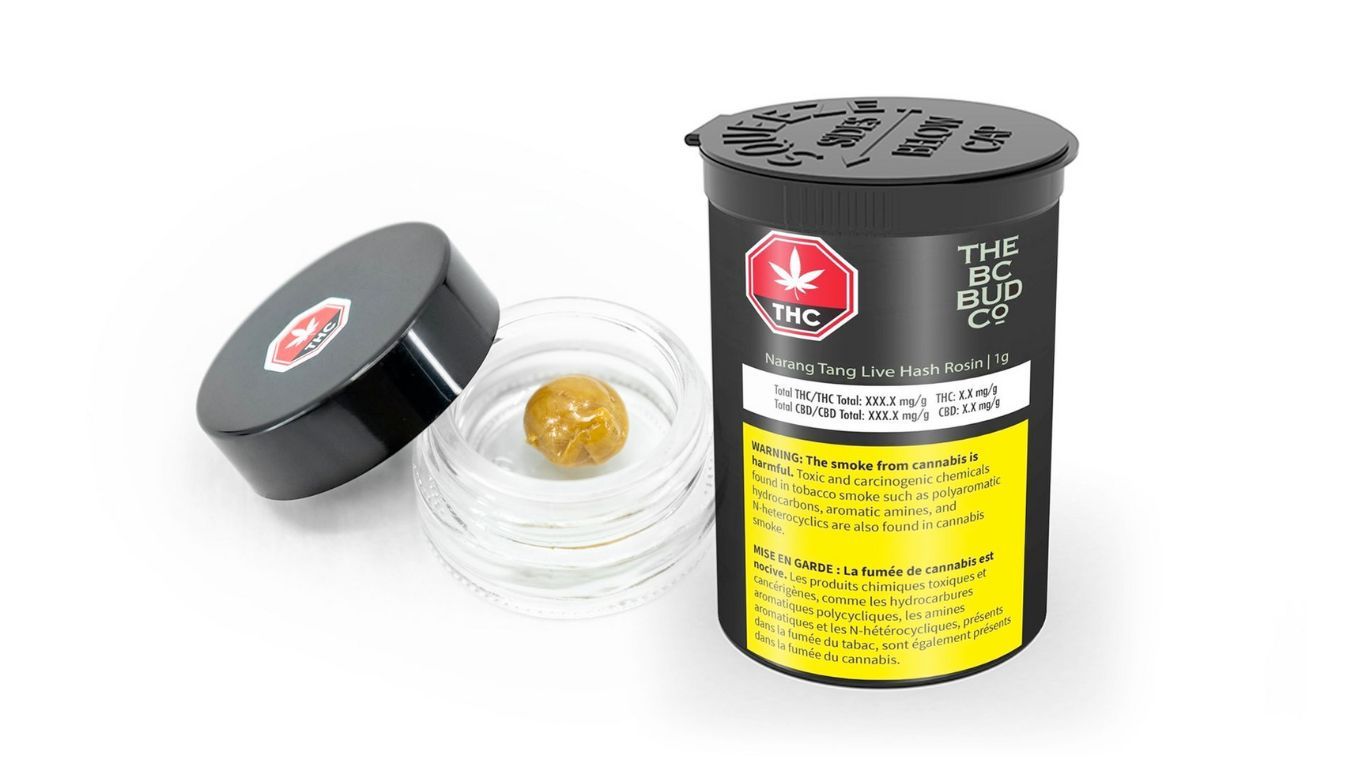
Nova Scotia RCMP recently released impaired driving statistics for August 2020, showing 159 drivers with impaired related offences.
Of those charges, over half (87) were charged with Impaired Operation of a Conveyance by Alcohol, while only four (2.5%) were related to charges for Impaired Operation of a Conveyance by Drug.
Another 23 were charged with Refusal of a Demand Made by a Peace Officer and another 45 issued driving suspensions for Operating a Conveyance While Having Consumed Alcohol.
Failure or refusal to comply with a demand made by a peace officer for a sample for testing sobriety can result in criminal charges that have the same penalties as impaired driving. There are a variety of fines and periods of driving prohibition for those convicted of driving while impaired by alcohol or drugs.
Nova Scotia employs approximately 250 RCMP members with training related to drug-impaired driving, 33 of whom are Drug Recognition Experts (DREs). Nova Scotia RCMP also has 427 trained breath technicians who are qualified to operate instruments that determine a driver’s blood alcohol concentration.
RCMP asks that citizens call 911 immediately if they see a driver who is driving erratically or unsafely, such as: driving unreasonably fast, slow or at an inconsistent speed; drifting in and out of lanes; tailgating and changing lanes frequently; making exceptionally wide turns; changing lanes or passing without sufficient clearance; overshooting or stopping well before stop signs or stop lights; disregarding signals and lights; approaching signals or leaving intersections too quickly or slowly; driving without headlights; failing to lower high beams or leaving turn signals on; driving with windows open in cold or inclement weather.



































